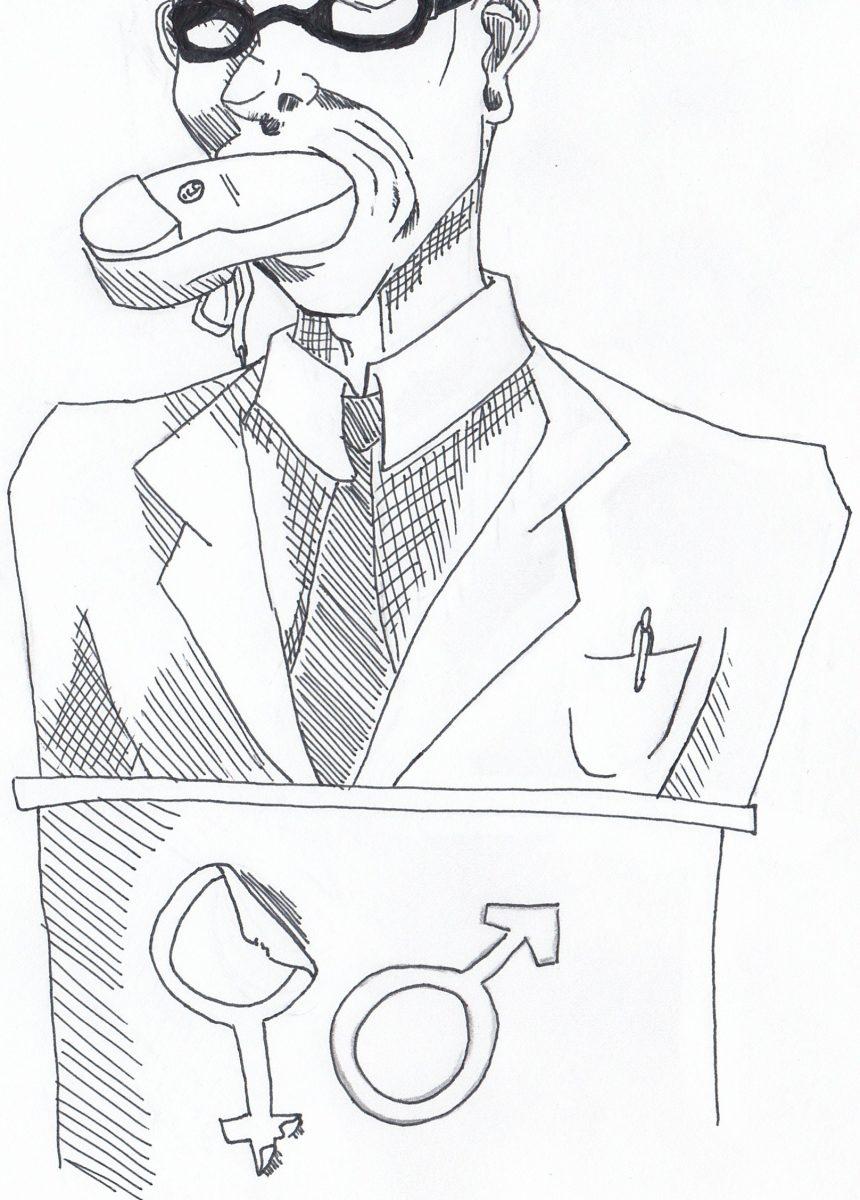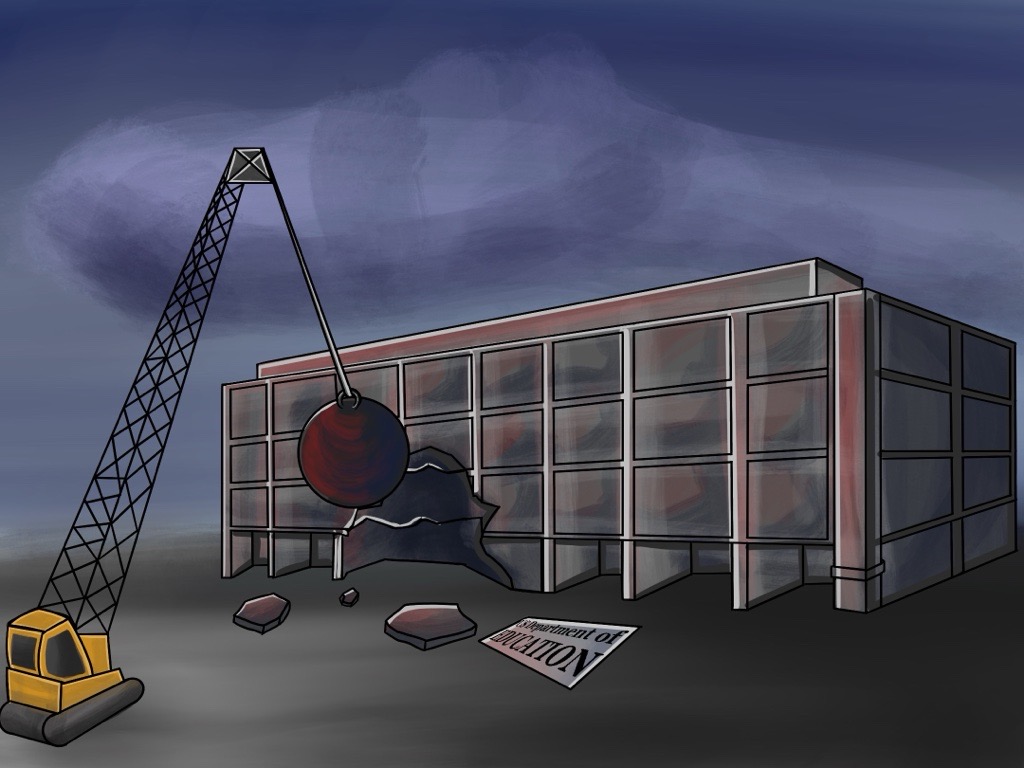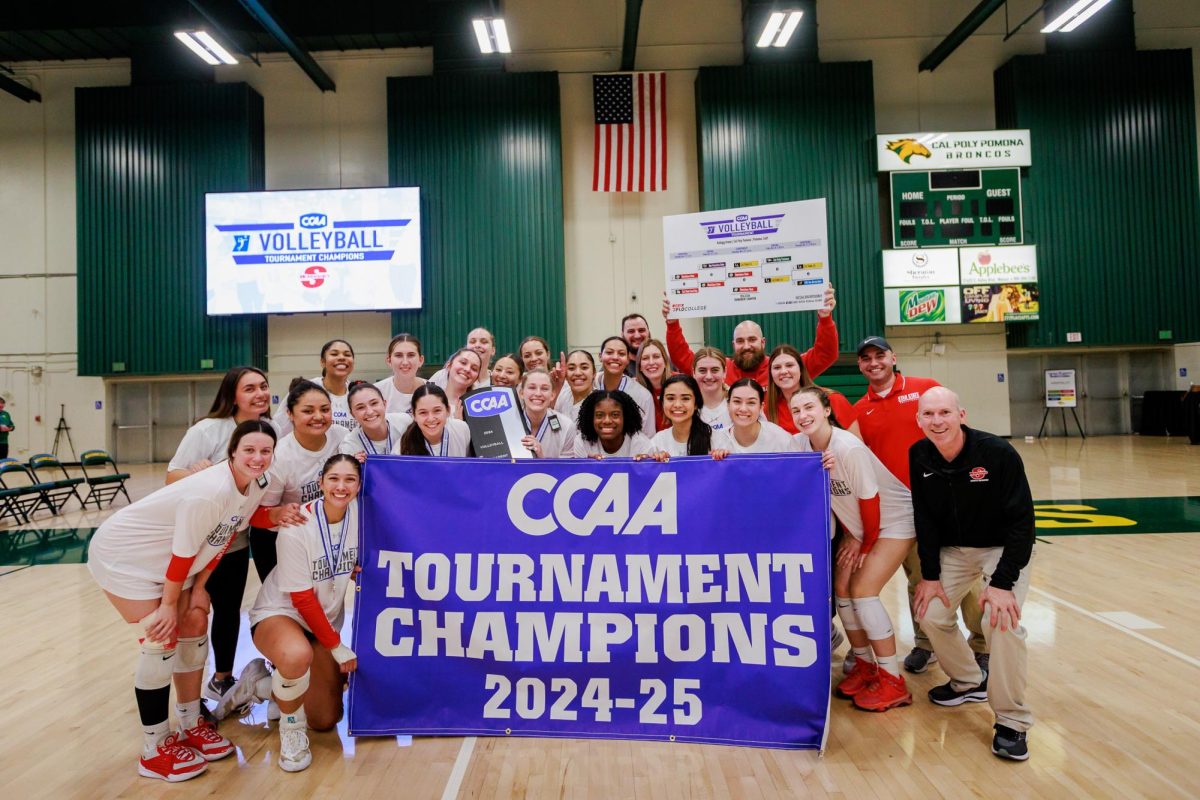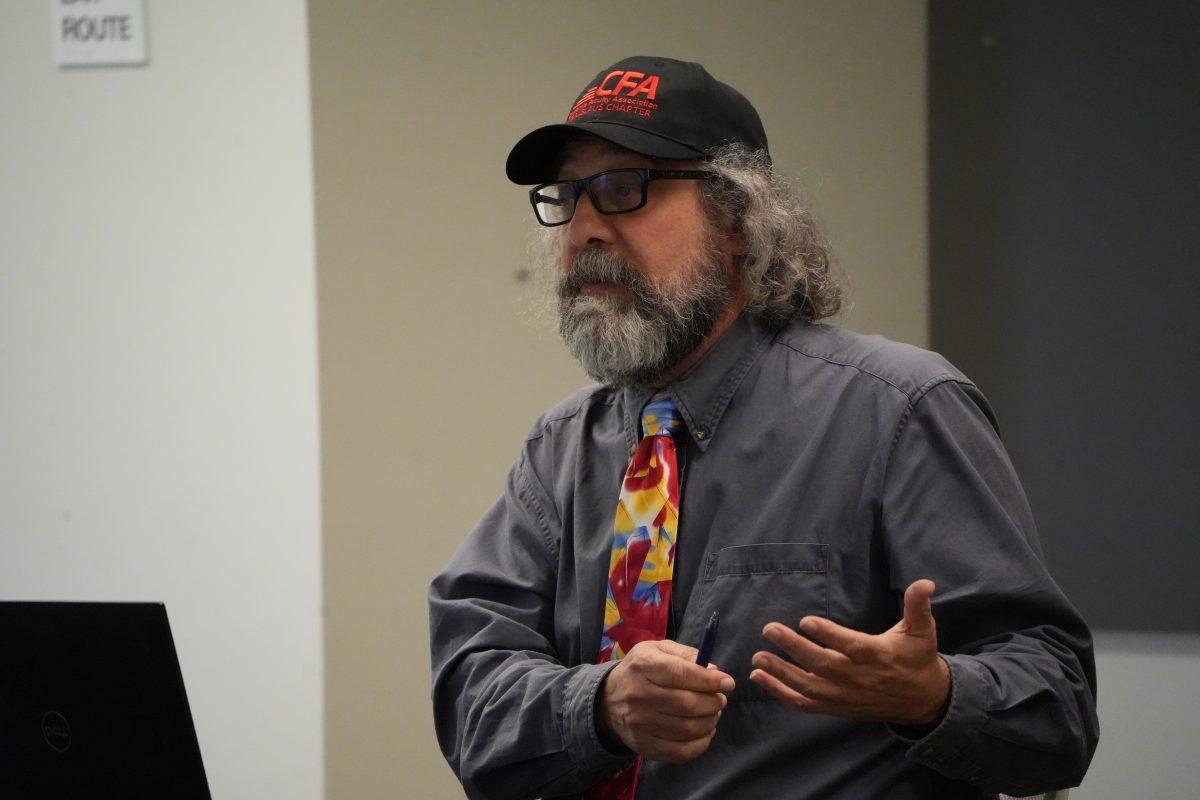Aditional contributions by: Brandi Pettes, Staff Writer, Natalie Hutchison, Contributing Writer and Ryan McLaughlin, Staff Writer.
A Title IX workshop titled “Accountability and Social Responsibility” was held in Main Dining on Sept. 22. A student attended the workshop and left both upset and alarmed by the specific language used by the speaker.
Juan Villapudua (sophomore, Biology and Gender Studies) responded to the workshop by issuing a letter stating his concerns to multiple departments on campus, including Julie Johnson, the Campus Compliance Officer and Deputy Title IX Coordinator of California State University, Stanislaus.
Villapudua attended the workshop representing two clubs: Students Promoting Equality Education and Knowledge for Society (SPEEAKS) and Out in Science, Technology, Engineering, and Mathematics (OSTEM).
The guest speaker was Derek L. Marchman, the Worthy Grand Procurator and a brother of a different chapter of the Kappa Sigma Fraternity. Marchman was invited to speak by Daniel Maciel, an active member of our university’s Kappa Sigma Fraternity chapter.
“I had invited Derek Marchman to conduct the hazing seminar for all greeks with the help of Student Leadership and Development,” Maciel said. “After looking at his presentations discovered that we could utilized his information while on campus for a Title IX presentation, so I brought it to their department as well.”
The Title IX workshop was presented by Kappa Sigma Fraternity, the Office of Human Resources and the Office of Student Affairs. Sororities, fraternities, athletes and those who hold an officer position for a club on campus were required to attend.
Marchman opened his presentation with statements about himself and his philosophy.
“I teach a process,” Marchman said. “I teach a process of how to respond. I teach a process of how to solve problems.”
The purpose of the presentation was to educate students on the importance of Title IX on college campuses, give information about sexual violence on campuses and address the bystander effect.
“If you do some of the things we talk about today, it will benefit you later in life,” Marchman said at the beginning of his presentation. “Not only here on campus, but later in life. That’s what we’re trying to offer to you.”
Marchman addressed Title IX and defined terms such as sexual assault and sexual harassment.
Title IX states that all people should have equal access and equal opportunity in education regardless of gender. This prevents and addresses harassment against students, regardless of whether the harassment is perpetrated by peers, professors or other school officials.
Sexual harassment and sexual violence are described by Title IX as an act of discrimination because those acts are based on gender.
Marchman followed his definition of sexual harassment with a statement that drew a red flag specifically to Villapudua, who attended the workshop and filed the letter stating his concerns.
“And let me go ahead and say this, I am going to be very gender specific today,” Marchman said.
“Guys, you’re getting all the freakin blame today. And ladies, you’re going to be the victim most of the time. Are there some mean women out there, there’s probably some in this room. Could it be, you know, in regards to same sex, gender, absolutely, but let’s just kind of keep it simple today. Guys, bad guy. Girls, good person.”
Villapudua’s letter described the statements made by Marchman during the presentation as language that “strictly reinforced gender binary norms and assumed that everyone pursued heterosexual relationships.”
About half way through the presentation, Marchman covered “barriers to intervening” where he interacted with the audience when discussing pluralistic ignorance.
“No offense ladies, you are good at pushing guys buttons,” Marchman said. “Could we all agree with that, see you’re agreeing.”
In order to gain more insight, The Signal spoke with Marchman to discuss his view on the concerns brought up by his presentation.
“I usually get accused of talking up for victims too much,” Marchman said.
Marchman responded to the situation by urging that the language he used during the presentation was misunderstood.
“If the girl [in a continuing reference to Villapudua, who is male] heard me say, she pushes buttons, what I always mean by that is guys, you can not use that as an excuse,” Marchman said.
He continued to elaborate on how he uses the phrase “she may push your buttons.”
“I am not sure if she heard me correctly, but when I use the phrase “she may push your buttons,” it is always in the context that it is an excuse that men use to rationalize why they commit violence,” Marchman said.
At the presentation, Marchman’s audience consisted of a large group of students from all different backgrounds.
“It can be difficult and sensitive topic for people to hear when there are men and women in the class,” Marchman said.
He went on to explain the message he intended to get across by speaking at the workshop.
“There is no excuse, there is no way to blame a victim, but being a victim,” Marchman said.
“But guys love to minimize and rationalize why they do this. So if she heard me say that, she must have misunderstood me.”
“Guys have to stand up to guys and that’s the message. I hate that she didn’t hear it that way.”
Marchman made it a point to respond to the specific student who left his presentation upset and alarmed by the use of language.
“Please let her know that [victim blaming] is never an excuse,” Marchman said.
The letter was reviewed by Johnson, who contacted Villapudua and made an appointment to further address his specific concerns.







